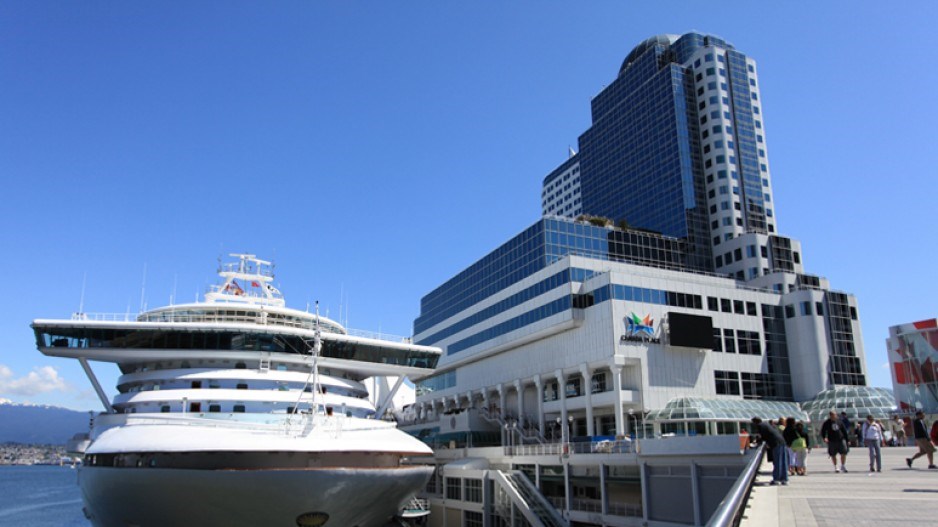Global, national and provincial vaccine distribution has brought consumers and business owners hope that pandemic-era restrictions will be eased over the next year.
There is also hope that the worst of the economic impact brought by COVID-19 is over.
Between lives, jobs and businesses, a lot is riding on B.C.’s vaccine rollout and broad economic recovery. However, according to one economist, the former won’t necessarily bring about the latter.
“I think, interestingly, the ‘recovery 2021’ economic setting is not as tied to the vaccine as it might appear. And I say that just because things are recovering now. We are just at the early stages of the vaccine, and we are well into recovery,” said Ken Peacock, senior vice-president and chief economist with the Business Council of British Columbia (BCBC).
“Even absent a vaccine, I believe that the economy would continue on this recovery path, but it would just be interrupted. So not totally tied to vaccines, but the vaccines are going to make things better.”
Assuming B.C.’s vaccination program goes according to plan, the BCBC forecasts the provincial economy will expand by 4.5% in 2021, with growth expected to pick up in the second and third quarters as government restrictions are lifted. By the end of the year, the council anticipates a broader reopening of consumer-facing businesses, which have been hardest hit by COVID-19 health and safety regulations.
Nationally, consumers are expected to lead Canada’s recovery in 2021’s second half as infection numbers fall and confidence improves, according to the Conference Board of Canada.
“Canada’s but also B.C.’s outlook – they’re highly dependent on a critical mass of the population being vaccinated,” said Aimee McArthur-Gupta, a senior economist with the board.
By the third quarter, the conference board anticipates Canada’s economy will begin to recover quickly.
B.C. employment is already back to 98% of what it was pre-pandemic, said McArthur-Gupta, who described relatively strong employment and ongoing construction as bright spots in B.C.’s economic outlook. That the province has largely avoided harsh second-wave restrictions also means it is well positioned for a continued recovery once vaccines are more broadly deployed. But the promise of greater consumer spending in a more open B.C. economy is a tide that may not lift all boats.
“Tourism is definitely a critical sector for B.C., and it’s our view that tourism is going to be the slowest to recover,” McArthur-Gupta said.
According to Walt Judas, CEO of the Tourism Industry Association of BC, the timing of B.C.’s vaccine rollout will dictate the sector’s recovery.
“By the time we achieve herd immunity in the province, much of the season will be over, and that’s a big concern,” Judas said, noting that the industry cannot be sustained with domestic demand alone. “I’m hearing so much more desperation this year than last year.”
Like tourism, other B.C. exports are vulnerable to vaccine challenges globally. The time it will take to vaccinate enough of the world’s population to slow the pandemic is expected to restrain recovery in global growth, and will impact the speed by which various export sectors recover. The conference board’s two-year national outlook expects that imports will outpace exports over the next two years if most Canadians have been vaccinated by 2021’s third quarter. That potential imbalance means Canadian trade “will be a drag on the economy,” the report notes.
There is also the risk that B.C.’s and Canada’s vaccination rollout may not go according to plan. Near-term risks to Canada’s national outlook are weighted to the downside, noted the BCBC in a recent provincial economic outlook.
As vaccination rates falter, Canadians may be waiting until mid-2022 for a full return to normal activities. •




